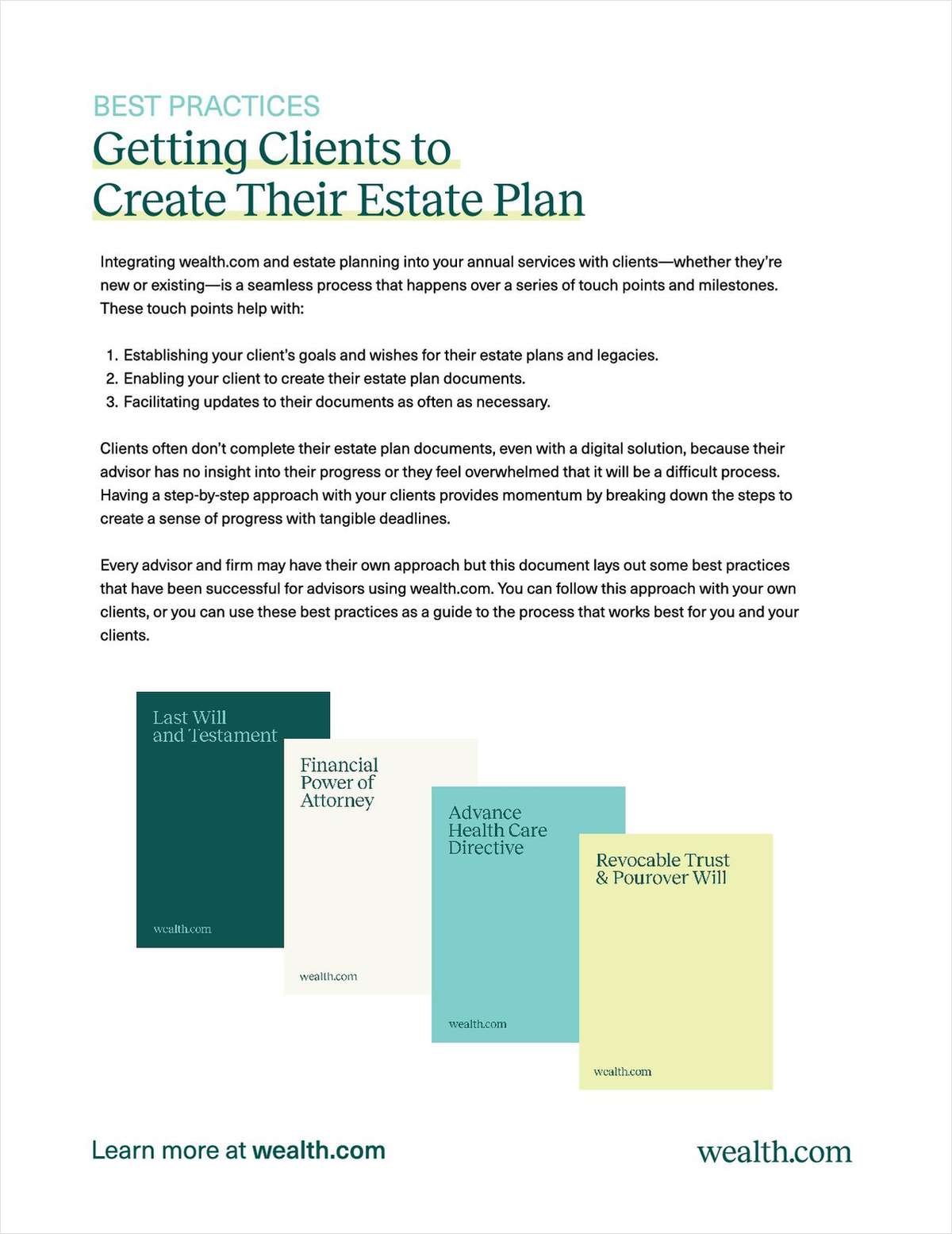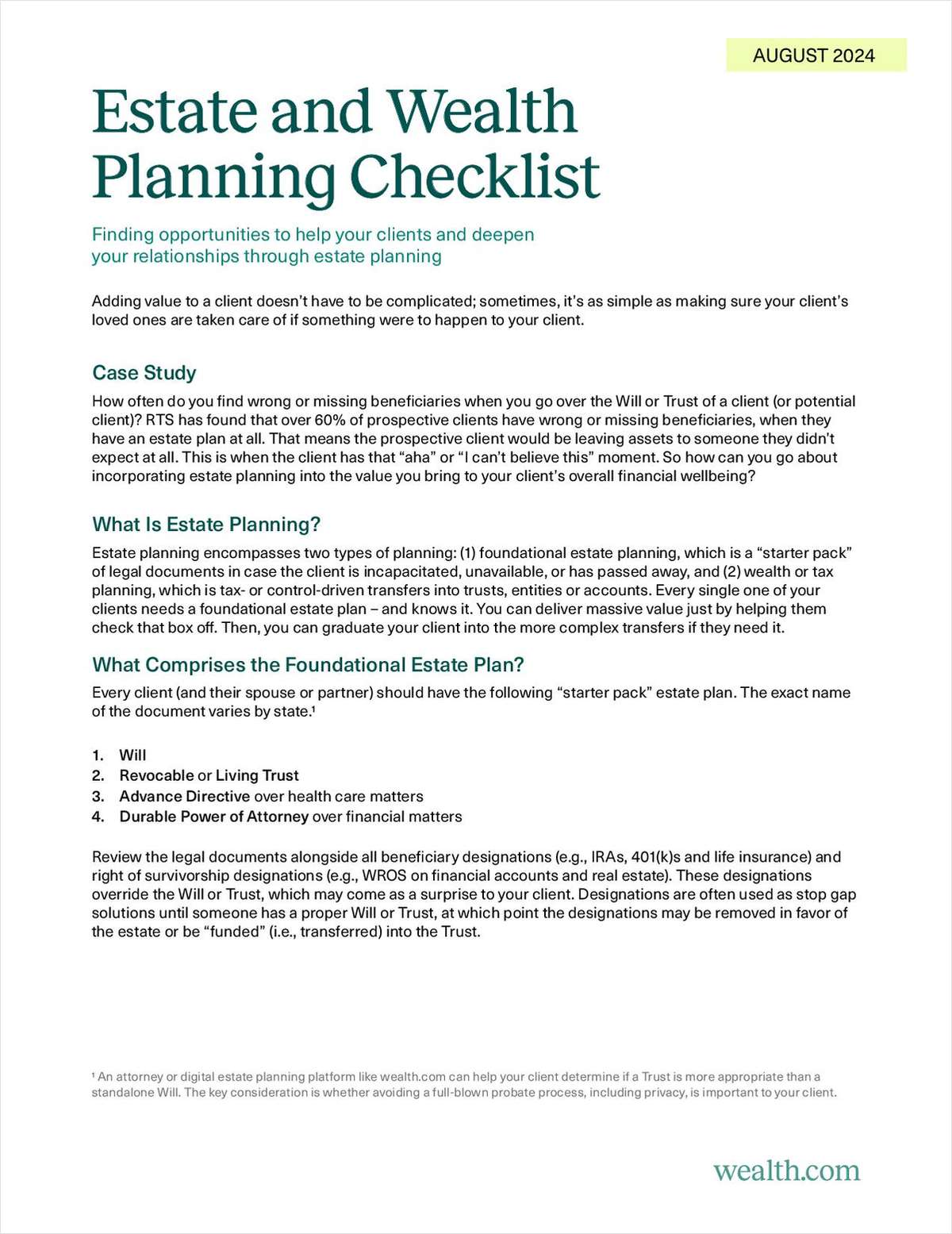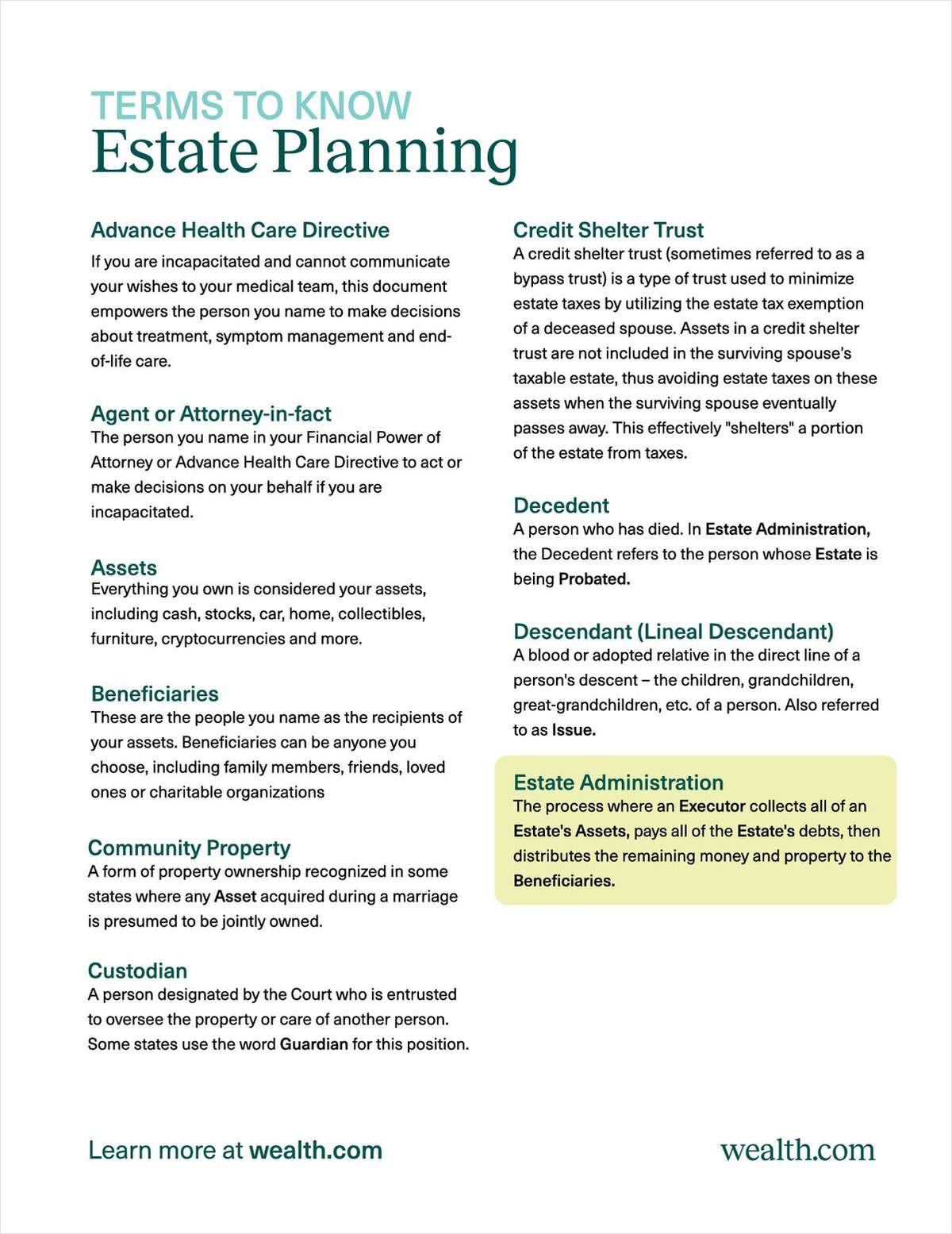As a financial planner, chances are you get more than a few tax-related questions in the early part of the year. Of course, the financial landscape is vast, and professionals should never stray too far from their areas of expertise — but the ability to provide clients with some solid tax advice is a great way to improve customer service and retention for your business. Here are nine tax filing tips financial planners can feel comfortable passing onto their customers.
1. Remind them about health insurance.
Because of the Affordable Care Act, it's important that your clients have health insurance this year. If they don't, they face a penalty of $95 or 1% of their adjusted gross (taxable) income, whichever is higher, starting with next year's return. The penalty is capped at the average cost of a bronze plan purchased through the federal exchange, but it does increase in ensuing years.
 2. Consider converting a traditional IRA into a Roth IRA.
2. Consider converting a traditional IRA into a Roth IRA.
Why would converting a traditional IRA into a Roth IRA benefit your clients? If they don't want to pay taxes on their retirement income and if they expect to be in a higher tax bracket when they reach retirement age, it usually makes sense. They do have to pay taxes on the converted amount minus any nondeductible contributions they made to the traditional IRA. If your clients expect a large refund or their tax bracket was low last year, it could be a good time to convert.
 3. Maximize retirement account contributions.
3. Maximize retirement account contributions.
On the topic of retirement, make sure your clients know that they can make contributions to a traditional IRA until the filing deadline and still apply them to their prior year's tax return. This could make for a nice tax deduction, depending upon income and filing status. If they've also got a retirement plan at work, single filers get a full deduction with a modified AGI of $59,000 or less, and if they're married and filing jointly the limit for a full deduction is a modified AGI of $95,000.
 4. They should start preparing their returns now.
4. They should start preparing their returns now.
Nothing is worse than putting off the inevitable, so if you have clients who haven't even started their returns yet, encourage them to get going. The last thing they want to do is increase the possibility of making a mistake because they're trying to get their return in under the gun — mistakes can lead to penalties, interest, and audits, none of which are fun.
 5. Claim the home office deduction with caution.
5. Claim the home office deduction with caution.
The home office deduction is a great way to decrease the tax liability of entrepreneurs and small business owners who work from home, but only if they qualify for it. The restrictions and qualifications for this deduction can be easily misunderstood, so it's important that your clients do their homework and get it right — refer them to a tax professional for clarification.


 6. Tell them to be ethical.
6. Tell them to be ethical. 7. Encourage them to set aside an appropriate amount of time.
7. Encourage them to set aside an appropriate amount of time. 8. Explain how they can better prepare for next year.
8. Explain how they can better prepare for next year. 9. Mention filing for an extension.
9. Mention filing for an extension.

